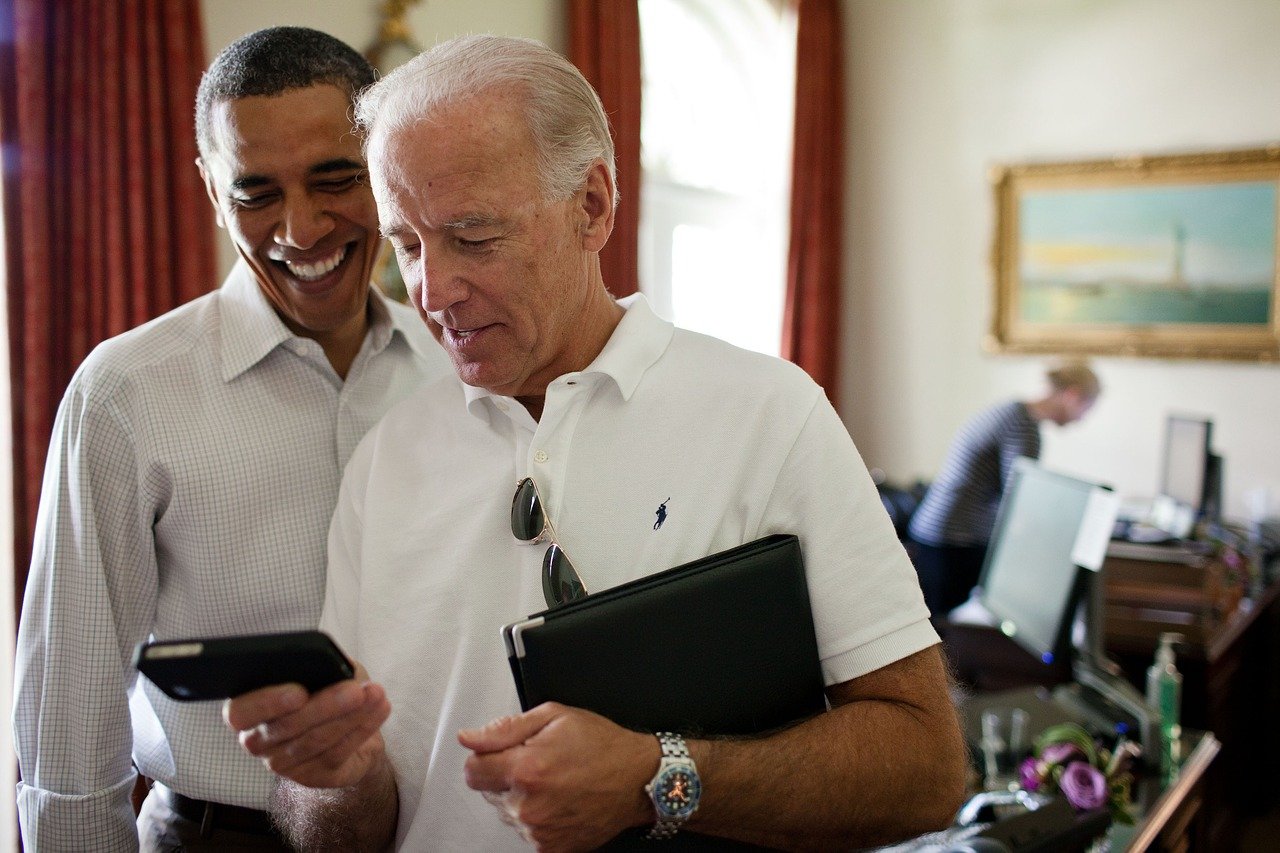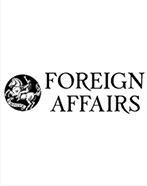Asuccessful candidate for president of the United States has plenty of choices to make. He can select his vice president, the members of his cabinet, and the text of his inaugural address. (I say “he” only because Americans have yet to elect a woman to the position.) He can also decide which executive orders to issue, where to make his first trip abroad, and whom to invite to the United States. One thing that an incoming president cannot choose, however, is the inbox that awaits him.

When he first enters the Oval Office, President-elect Joe Biden will be greeted by an inbox that can only be described as daunting. There will be a seemingly unlimited number of domestic and international challenges that call out for his attention. The question of what to do and in what sequence is inescapable, since presidents have only so much time and so many resources at their disposal. They must set clear priorities that reflect their assessment of urgency, opportunity, and reality.
The Jewish concept of tikkun olam means “repairing the world.” For individuals, it is a code to live by—the responsibility of each and every one of us to mend the broken world we live in and try to make it a better place, to work to improve the welfare of others rather than just our own. But tikkun olam also offers a code to govern by. This world is in dire need of repair, a process that will take time and inevitably meet with uneven success. But it is essential to keep in mind that repair is distinct from building. Repair means taking what exists but is broken and making it work; building is about creating something new, be it to better achieve existing goals or in some cases to accomplish new ones. Repair should define the opening initial six to nine months of a Biden administration’s foreign policy, and only after that will there come the opportunity, and in some areas the necessity, to build.
The article's full-text is available here.

 Author:
Author:









